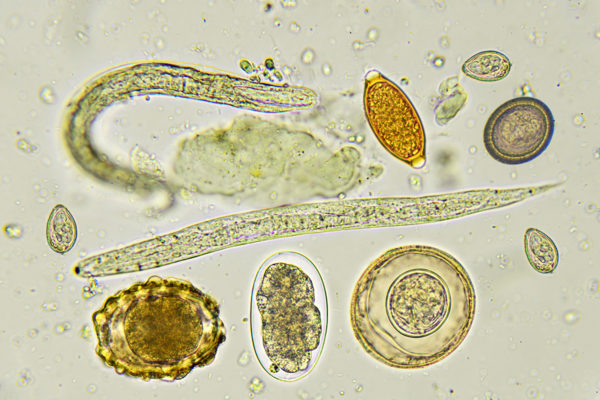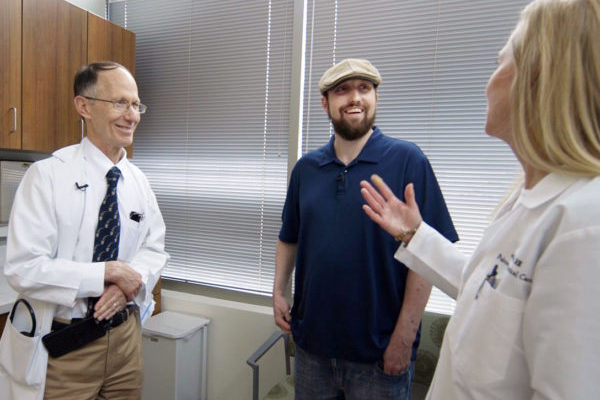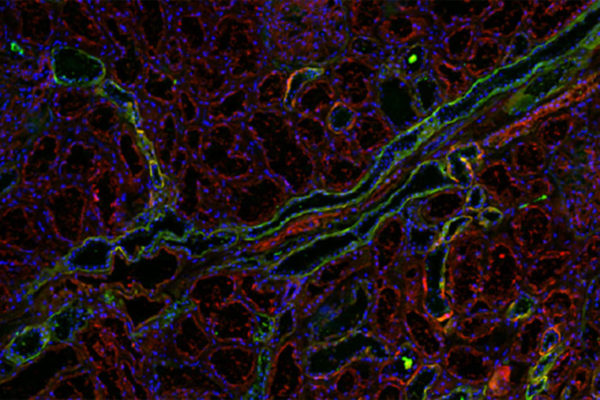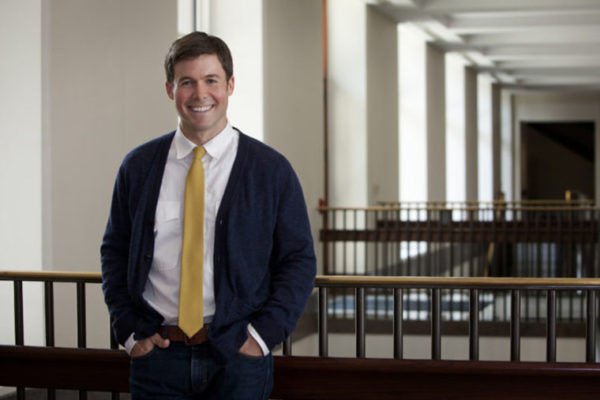University launches new required process for international travel
To help ensure the safety and well-being of Washington University in St. Louis community members traveling abroad, registration for university-related international travel will be required effective Thursday, March 15.
No progress seen in reducing antibiotics among outpatients
Despite public health campaigns aimed at reducing unnecessary prescriptions for antibiotics, the drugs continue to be prescribed at startlingly high rates in outpatient settings such as clinics and physician offices, according to a new School of Medicine study.
Gut microbes influence severity of intestinal parasitic infections
A new School of Medicine study indicates that gut microbes influence the severity of parasitic worm infections in developing countries. The findings suggest that manipulating the gut’s microbial communities may offer protection.
Students to build homes, make connections
Washington University in St. Louis junior Sarah Small can’t wire a socket or install a toilet. But this spring break, she will be part of a team of 16 students from the university’s Habitat for Humanity chapter building a home in Georgia. Small will capture the experience on the university’s Instagram account.
New way to fight sepsis: Rev up patients’ immune systems
A small clinical trial led by Richard S. Hotchkiss, MD, at the School of Medicine, shows that a drug that revs up the immune system holds promise in treating sepsis. The approach goes against the grain of earlier strategies that have relied on antibiotics and inflammatory medications to tamp down the immune system.
Decoy molecules target E. coli to treat UTIs in mice
School of Medicine researchers report they found a way to treat urinary tract infections without using antibiotics, at least in mice. The scientists are working on an alternative that would prevent bacteria from causing disease.
Why customer-facing companies have happier workers
It’s possible the Keebler Elves aren’t as happy at work as they seem. Or SpongeBob SquarePants’ dour fast-food colleague Squidward might be a little cheerier than he lets on. New research from Olin Business School shows that people working in customer-facing companies, such as retailers (or cartoon burger joints), tend to be happier at work, while workers for companies further removed — manufacturing, for example (or treehouse cookie factories) — tend to be less happy.
Uncertainty leads to treatment delays for young people with mental illness
Stigmas, attitudes of self-reliance and misattributing symptoms led a group of young adults experiencing their first episode of psychosis to delay seeking treatment, finds a new study from the Brown School at Washington University in St. Louis.
A new view on electron interactions in graphene
There’s a new way to look at how electrons interact with each other in graphene, an intriguing material comprised of a single layer of carbon atoms. Washington University in St. Louis researchers, led by Erik Henriksen, assistant professor of physics in Arts & Sciences, are exploring the quantum electronic properties of graphene using infrared light.
Academy of Science-St. Louis honors three researchers
Three researchers at Washington University in St. Louis, Raj Jain, David Kirk and Stuart Kornfeld, are being honored for outstanding contributions to science by the Academy of Science-St. Louis.
View More Stories









